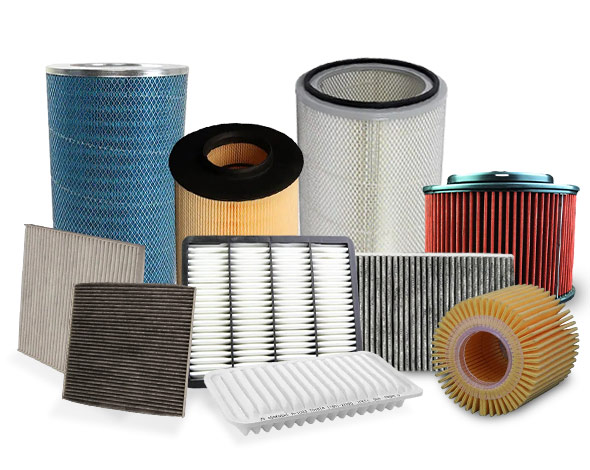Aug . 12, 2024 16:46 Back to list
Sustainable Non-Woven Fabric Solutions for Eco-Friendly Clothing and Home Products
The Rise of Eco Non-Woven Cloth Products
In recent years, environmental concerns have led to a significant shift in consumer behavior and product design. Among the most notable innovations in sustainable materials are eco non-woven cloth products. These materials, which are crafted without the need for traditional weaving processes, provide a range of benefits that make them an increasingly popular choice for both consumers and manufacturers.
What Are Eco Non-Woven Cloth Products?
Eco non-woven cloth products are composed of fibers that are bonded together through mechanical, thermal, or chemical processes rather than being woven into fabric. This creates a material that is versatile, lightweight, and often biodegradable, depending on the fibers used. Typically made from natural or recycled materials, eco non-woven fabrics encompass a variety of products, including bags, wipes, medical textiles, and even home furnishings.
The environmental appeal of these products lies in their production process. Since non-woven materials can be made from recycled plastics, cotton, or other biodegradable fibers, they help reduce waste associated with traditional manufacturers. The production of non-woven fabrics tends to consume less water and energy than conventional textile processes, further contributing to their eco-friendly status.
Applications of Eco Non-Woven Cloth Products
Eco non-woven cloth products find diverse applications across various industries. In the fashion industry, for example, non-woven bags have emerged as a sustainable alternative to single-use plastic bags. Retailers are increasingly replacing plastic shopping bags with stylish, reusable non-woven bags that appeal to eco-conscious consumers.
In the health sector, non-woven fabrics are used for disposable medical supplies such as surgical gowns, masks, and wipes. These products not only ensure hygiene and safety but are also becoming more eco-friendly, as manufacturers explore biodegradable options that can break down after use, reducing landfill waste.
eco non-woven cloth products

Household items made from eco non-woven materials, such as cleaning cloths and table linens, are also gaining popularity. These products offer a superior cleaning performance while being easy to dispose of in an environmentally friendly manner, as they often decompose after a defined period in landfills.
Benefits of Eco Non-Woven Cloth Products
The advantages of eco non-woven cloth products extend beyond just environmental implications. One major benefit is durability. Non-woven materials are known for their strength and resilience, often outperforming traditional fabrics in terms of longevity. This makes them ideal for reusable products, as they can withstand multiple uses without significant wear and tear.
Additionally, the lightweight nature of non-woven fabrics makes them easy to transport and store, reducing transportation costs and carbon footprints. Consumers find these products convenient and practical in everyday use, further driving demand.
Challenges Ahead
While the rise of eco non-woven cloth products is promising, several challenges need to be addressed. The initial cost of switching to eco-friendly materials can be higher for some manufacturers, which may deter smaller businesses from making the transition. Furthermore, there is a need for increased consumer awareness and education about the benefits and proper disposal methods of non-woven products, particularly those made from synthetic materials.
Conclusion
As sustainability becomes a cornerstone of modern consumer choices, the demand for eco non-woven cloth products is likely to continue to grow. With their innovative production methods and varied applications, these products represent a critical step towards reducing environmental impact. By choosing eco non-woven options, consumers can make a tangible contribution to environmental conservation while enjoying reliable, functional products. The future of textiles lies in the embrace of these eco-friendly alternatives, offering hope for a more sustainable planet.
-
Premium Active Carbon Air Filter for Air Purifier | Odor & VOC Removal
NewsAug.23,2025
-
Active Carbon Air Filter for Air Purifier - Superior Odor Removal
NewsAug.22,2025
-
Premium Active Carbon Air Filter for Air Purifiers - Odor Removal
NewsAug.21,2025
-
Premium Acrylic-Resin Air Filter Paper in Roll | High Efficiency
NewsAug.19,2025
-
PLAB-6 A B Two Compounds Filter End Cap Gluing Machine-Hebei Filter Man|Precision Gluing,Automated Production
NewsAug.18,2025
-
PLAB-6 A B Two Compounds Filter End Cap Gluing Machine - Hebei Filter Man Automotive Parts Trading Co., Ltd | Adjustable Gluing Parameters, Automated Precision
NewsAug.18,2025
